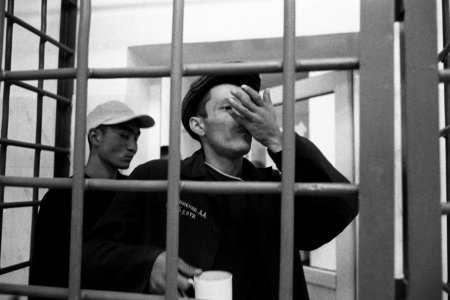 Aleksandr Glyadyelov
Opinion
Aleksandr Glyadyelov
Opinion
12/18/2009
Jean-Hervé Bradol
The public arena is once again the stage for discourse and undertakings of Titanic proportions. Some endeavour to adjust our planet's thermostat while others devote themselves to wiping out the scourge of disease.
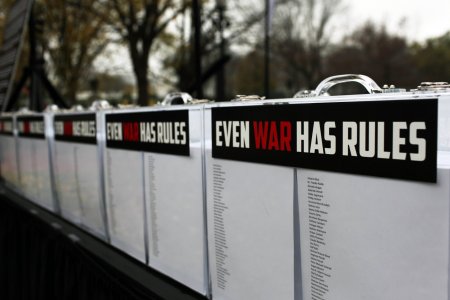 Michael Goldfarb
Opinion
Michael Goldfarb
Opinion
12/14/2009
Rony Brauman
In January 2009, eight regional and national NGOs got together to create the "International Coalition for the Responsibility to Protect." The photo on their website's homepage sets the tone.
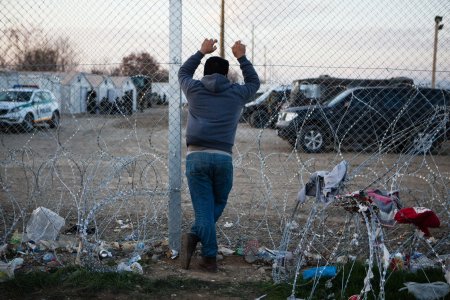 Alex Yallop
Opinion
Alex Yallop
Opinion
10/06/2009
Rony Brauman
The article written by Christian Troubé, "The end of humanitarianism without borders?", published by Grotius.fr, and based on a description of humanitarianism of ‘yesteryear', strikes a cord with many of today's humanitarian figures.
 Lena Mucha
Conference
Lena Mucha
Conference
03/10/2009 - 07:00 PM 09:30 PM
Caroline Abu-sada
The reasons why we are accepted, tolerated or sometimes rejected in the contexts where we work are often obscure. Caroline Abu-Sada and her team of sociology student shed some light on these issues.
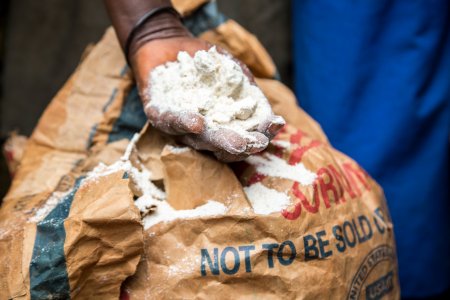 Louise Annaud
Cahier
Louise Annaud
Cahier
05/15/2008
François Enten
This study sheds light on the mechanisms producing the official data used by humanitarian aid decision makers. It views Early Warning Systems (EWS) as tools that facilitate consensus between the decision-makers involved in the allocation of food aid, enabling them to reach institutional agreements.
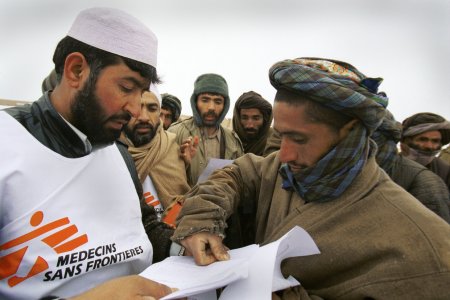 Tim Dirven
Cahier
Tim Dirven
Cahier
04/01/2008
Judith Soussan
To embark upon a study of this theme is to enter a field strewn with contradictory representations linked to a highly sensitive issue – the limits of our responsibility – that has generated endless disagreements and debates on our “identity” and the existence or nonexistence of a role for MSF “beyond care”.
 Juan Carlos Tomasi
Opinion
Juan Carlos Tomasi
Opinion
03/01/2008
Xavier Crombé
Though independence and innovation are both highly valued concepts, Xavier Crombé questions in this article - thanks to MSF's experiences in Niger in 2005 - the possible interactions between them.
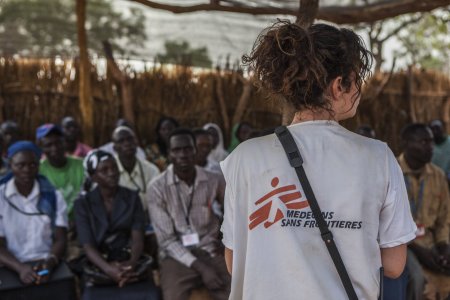 Yann Libessart
Cahier
Yann Libessart
Cahier
01/01/2007
Xavier Crombé
This Cahier du CRASH by Xavier Crombé combines a study of the experience and positions of MSF vis-à-vis occupation contexts since the 1980s, and the minutes of a talk organised by the 'Fondation MSF' in January 2006 on "Humanitarian action in situations of occupation".
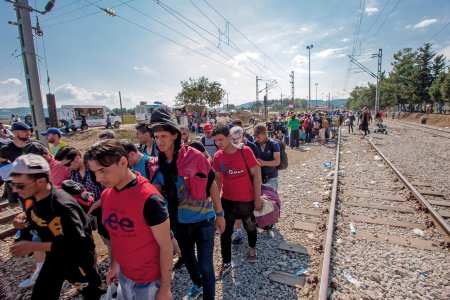 Borja Ruiz Rodriguez
Opinion
Borja Ruiz Rodriguez
Opinion
01/01/2003
Fiona Terry
As the USA announces its decision to suspend food aid to North Korea - one of the largest beneficiaries of global food aid - Fiona Terry reveals the true political issues behind the decision, and reminds us of how "humanitarian" assistance is used to bolster one of the planet's most oppressive regimes.
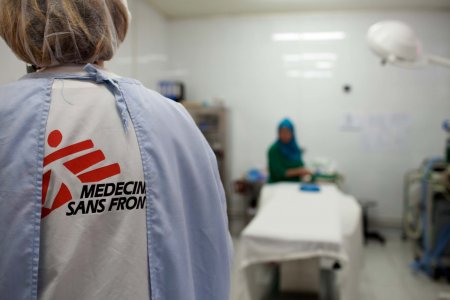 Amador Gullar
Opinion
Amador Gullar
Opinion
01/01/2003
Fiona Terry
The international aid regime tends to exaggerate changes over the last decade in the nature of so-called humanitarian crises. Neither violence perpetrated against civilian populations nor the dilemmas posed to aid organisations attempting to assist them have worsened since the end of the Cold War.
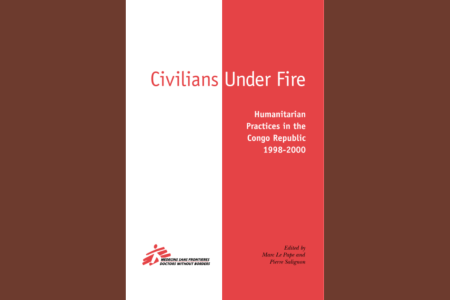 Book
Book
10/01/2001
Marc Le Pape
Pierre Salignon
In the face of violence, how does a medical relief organization react and respond? This book is an account of one experience; it describes and analyzes the characteristics of one intervention: that of Médecins Sans Frontières in Congo Brazzaville in 1998-2000.
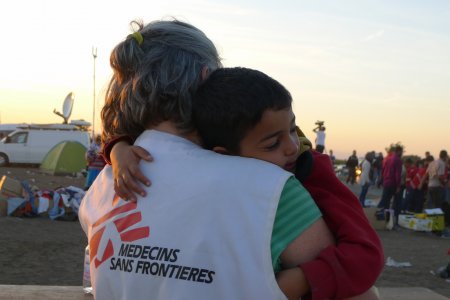 Ana Lemos
Opinion
Ana Lemos
Opinion
09/04/2001
Fiona Terry
In this article, Fiona Terry discusses the tragic situation of the North Korean people, despite North Korea being one of the world's largest beneficiaries of food aid.
 Aleksandr Glyadyelov
Opinion
Aleksandr Glyadyelov
Opinion











